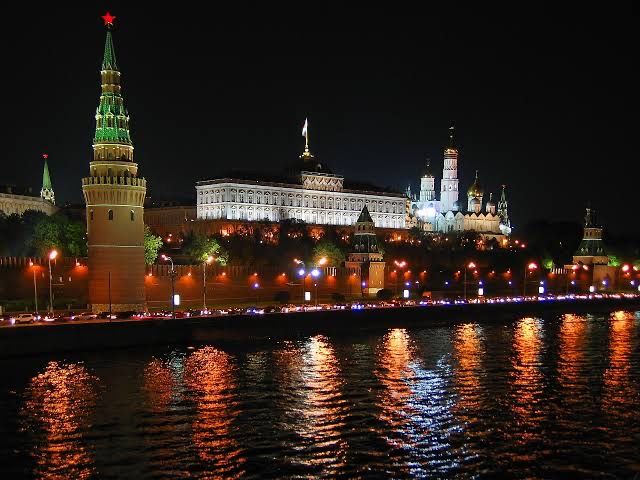Wake-up Call: Moscow's Residential Buildings Hit in Drone Strike - A Glimpse into the Looming Threat?
Several residential buildings in Moscow sustained minor damage due to a drone strike that occurred early Tuesday morning, as reported by the city's mayor. This incident raises further concerns about the escalation of the ongoing conflict in Ukraine, suggesting that the war could potentially be expanding beyond Ukraine&

Several residential buildings in Moscow sustained minor damage due to a drone strike that occurred early Tuesday morning, as reported by the city's mayor. This incident raises further concerns about the escalation of the ongoing conflict in Ukraine, suggesting that the war could potentially be expanding beyond Ukraine's borders.
"Minor damage to several buildings was inflicted this morning due to a UAV (Unmanned Aerial Vehicle) attack," Mayor Sergey Sobyanin stated, as reported by RIA Novosti. He assured that there were no casualties.
Videos circulating on Russian social media illustrate air defense systems firing at drones in various parts of Moscow. RIA reported earlier on Tuesday, citing an anonymous emergency services official, that two residential buildings in separate Moscow districts were hit by drones.
Moscow Region Governor Andrey Vorobiev confirmed on his Telegram channel, "This morning, residents of some districts of the Moscow region heard the sounds of explosions — this was our air defense system in operation. Several drones were shot down as they approached Moscow."
Analysis:
This event marks a significant escalation in the use of drones in warfare, potentially creating a new dynamic in the ongoing conflict in Ukraine and setting a worrying precedent. Given the high population density and vital infrastructure in Moscow, the use of drones for such attacks indicates a shift in the strategies employed, which could result in increased civilian casualties and infrastructural damage in the future.
The successful deployment of drones to carry out such an attack on a heavily defended city like Moscow also underscores the emerging threats that these unmanned technologies pose. Despite Moscow's robust air defense system, the drones were still able to inflict damage, suggesting potential vulnerabilities.
Looking ahead, we can anticipate heightened security measures and an increased focus on developing counter-drone technologies. However, the psychological impact of such attacks could be significant, instilling fear and uncertainty among the populace. If these drone strikes continue, they could significantly disrupt daily life and possibly lead to geopolitical instability.
Such incidents serve as a stark reminder of the need for the international community to establish clear regulations regarding the use of drones in warfare, to prevent further escalation and to safeguard civilians.




